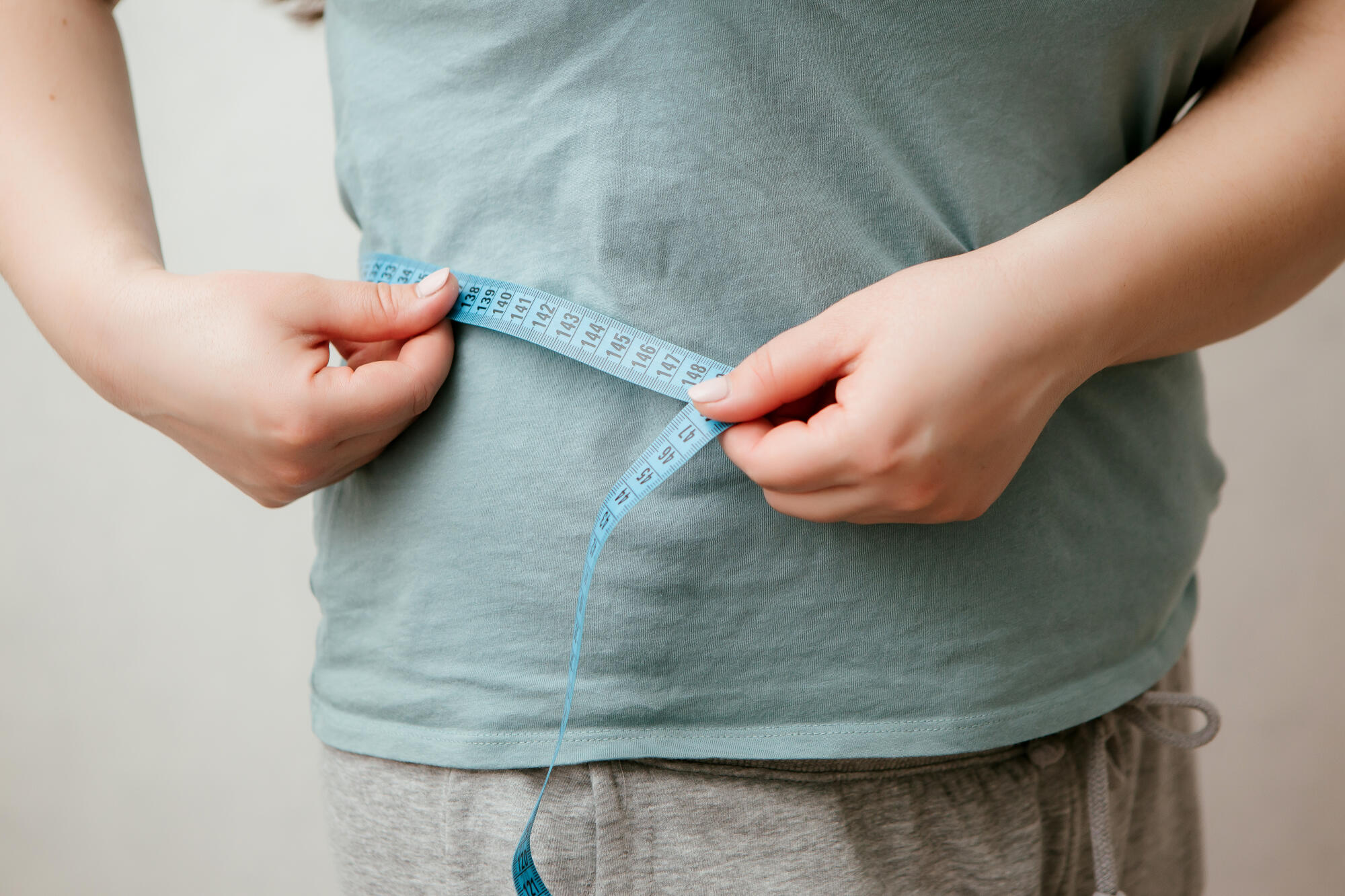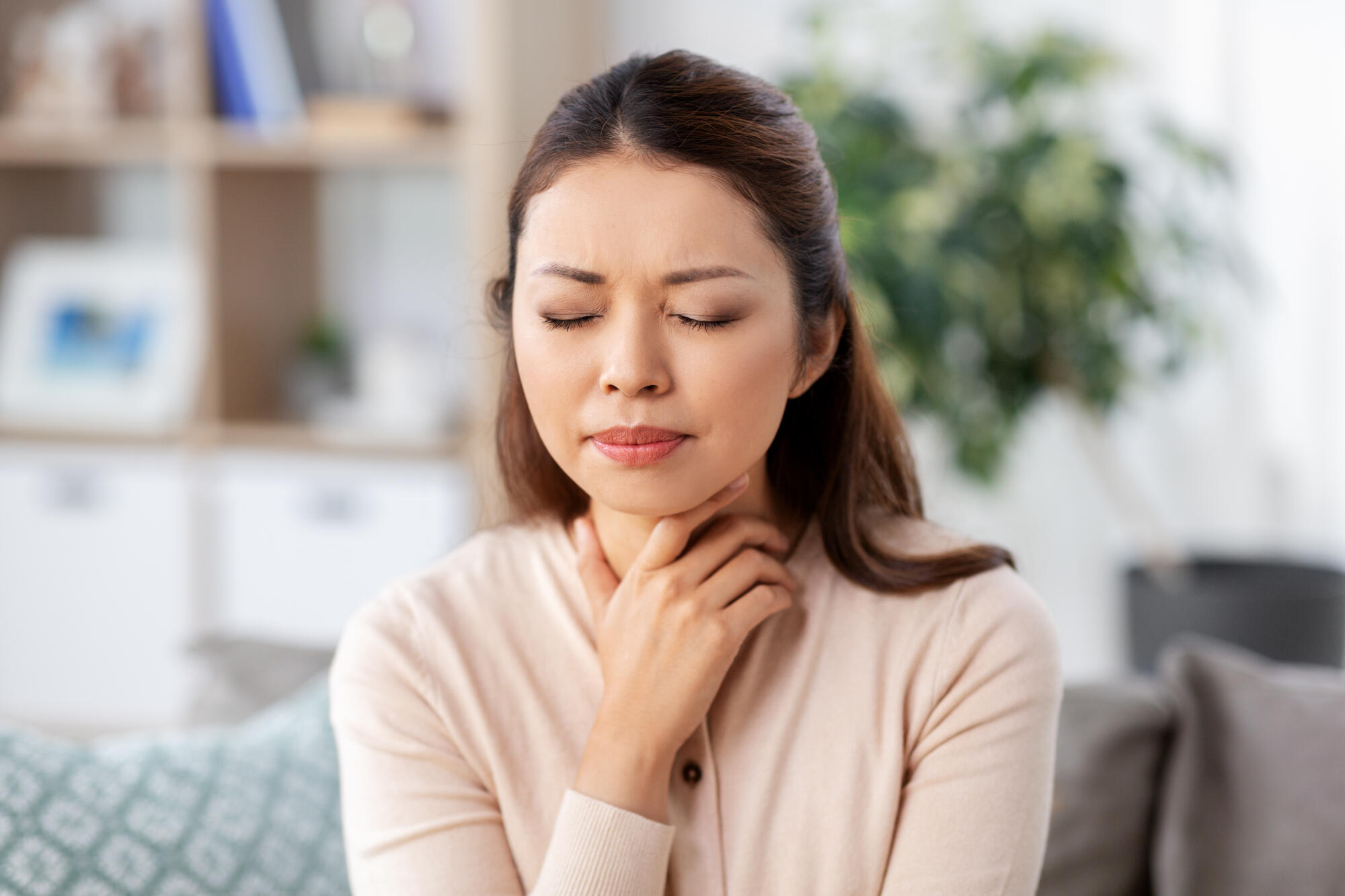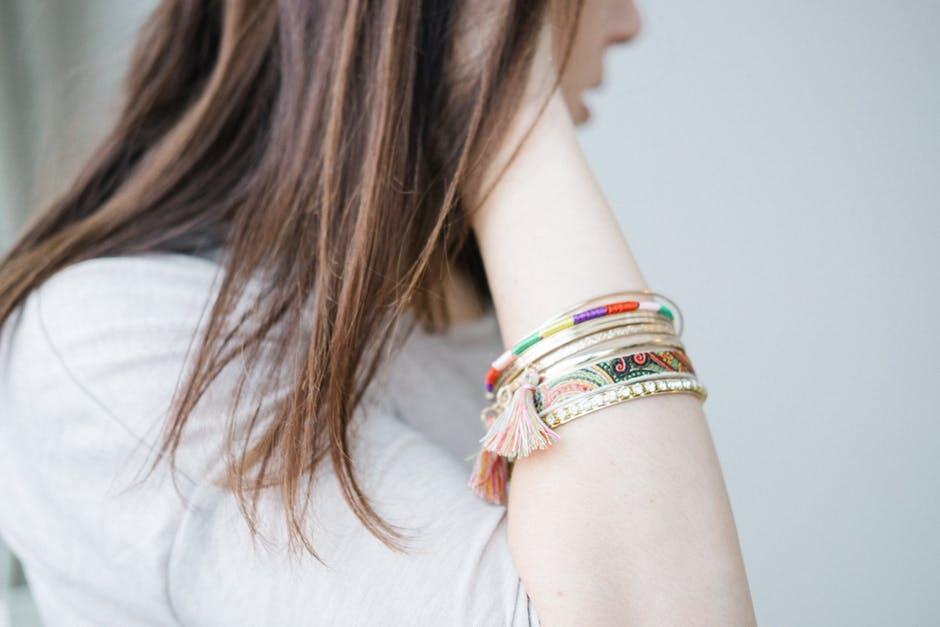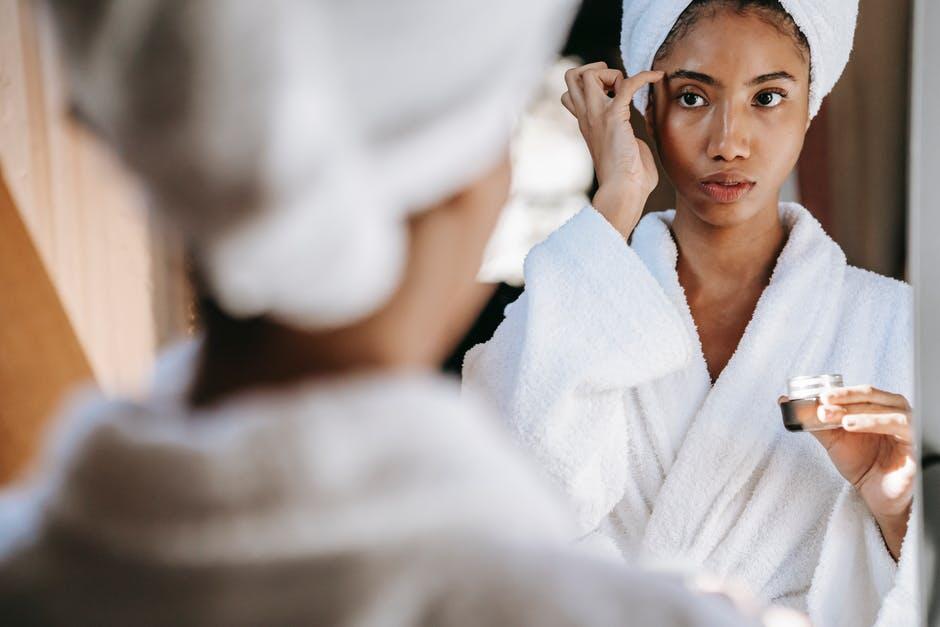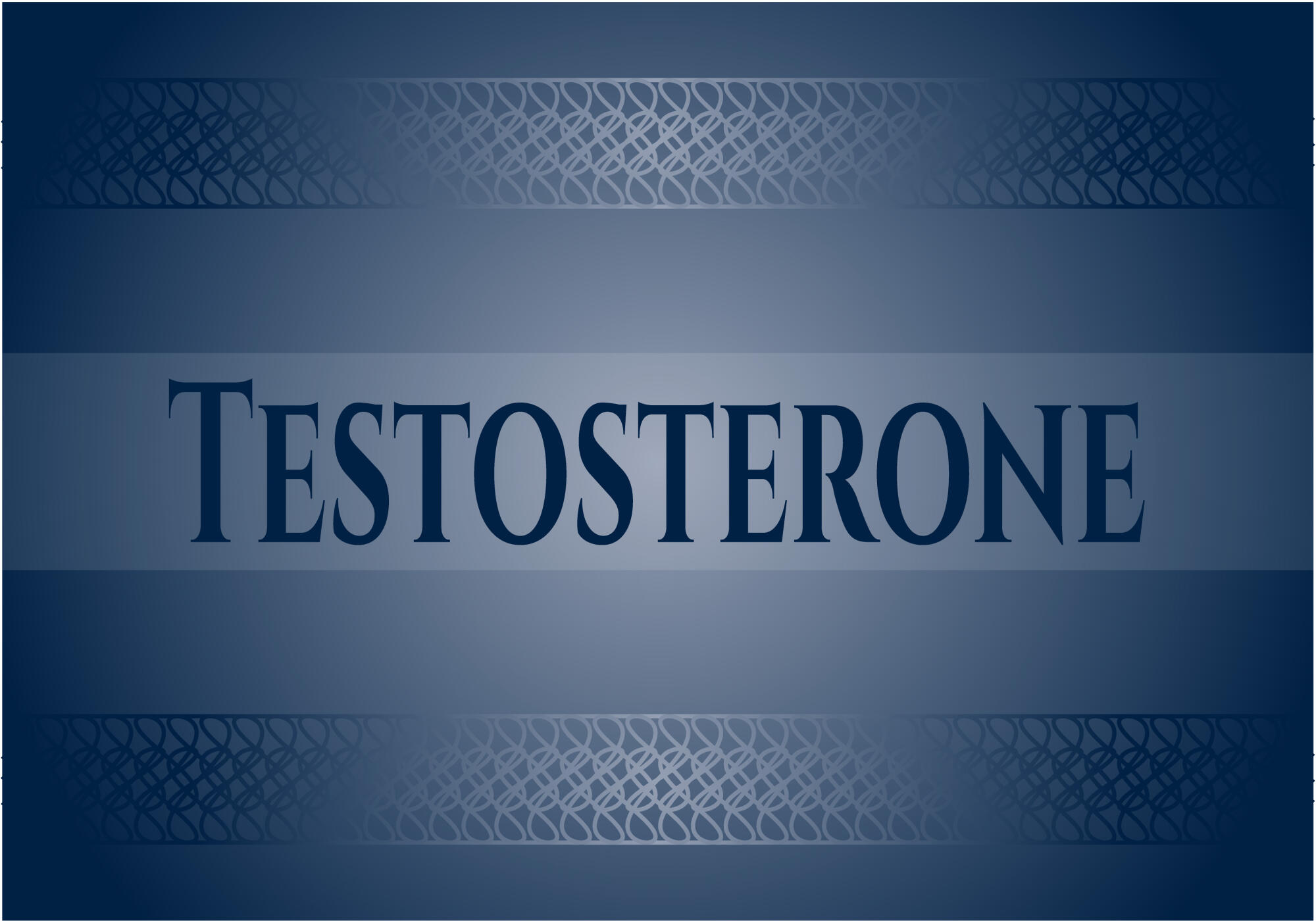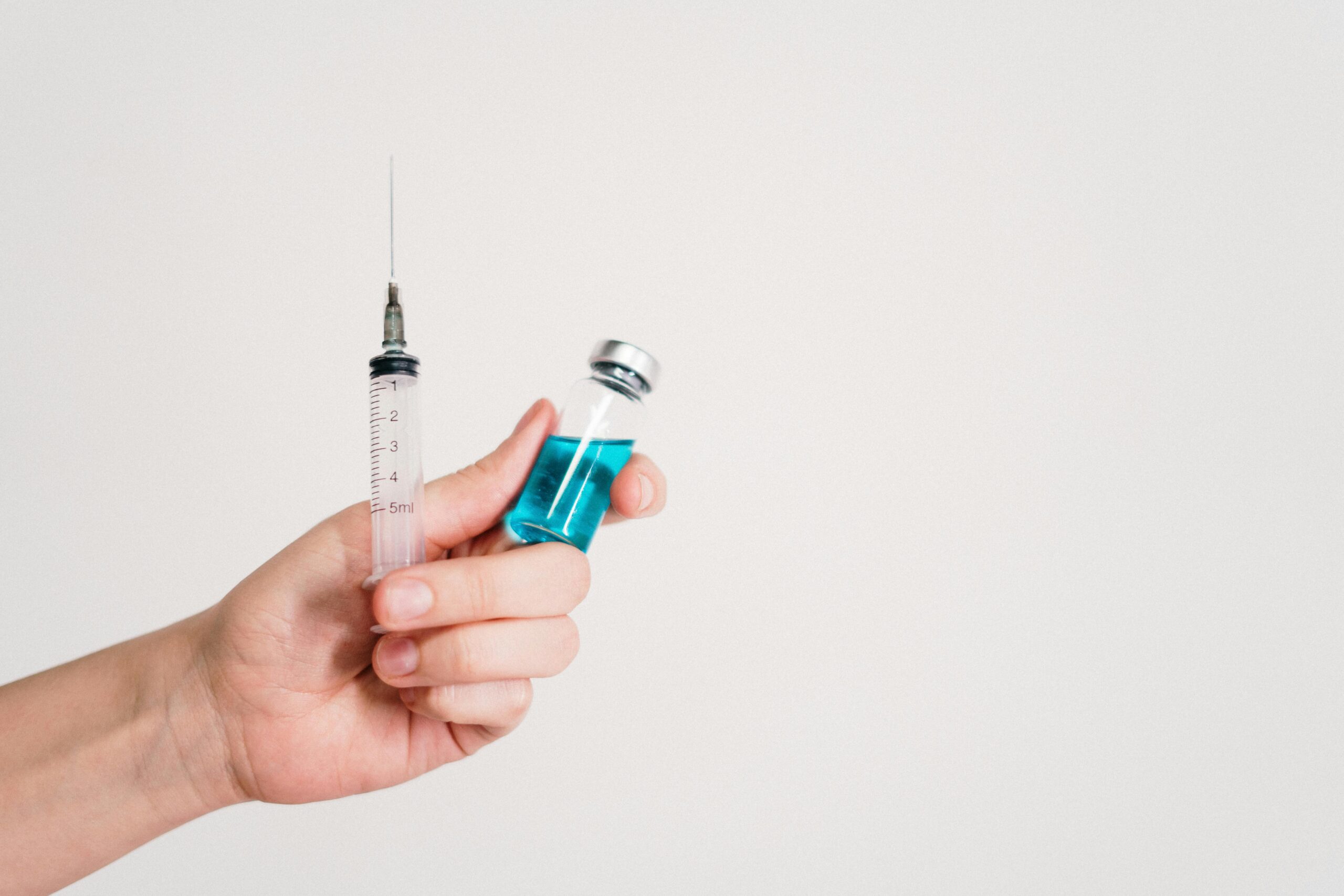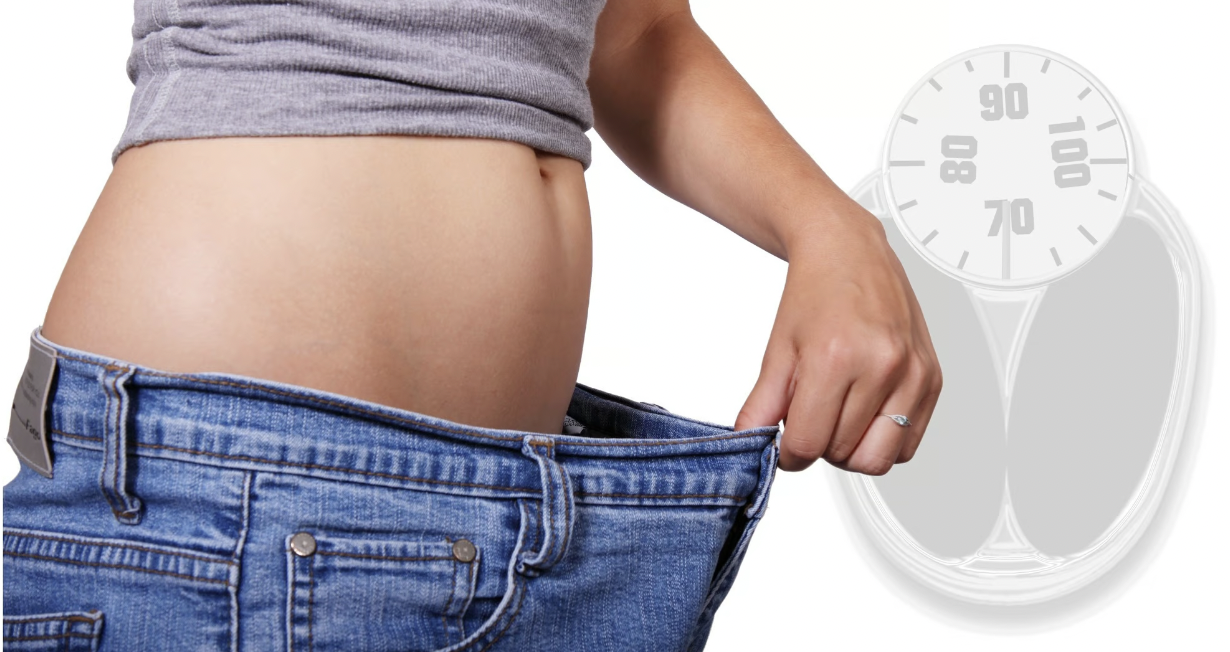Hair loss is a common concern affecting people of all ages, but experiencing a receding hairline at 20 can be particularly distressing. While balding is more commonly associated with older individuals, it’s crucial to recognize that hair loss can also manifest at a young age.
In this article, we will explore the signs of balding at 20, delve into the potential causes, and discuss practical steps you can take to address this issue.
Here are some early signs showing whether you are balding in your early 20s.
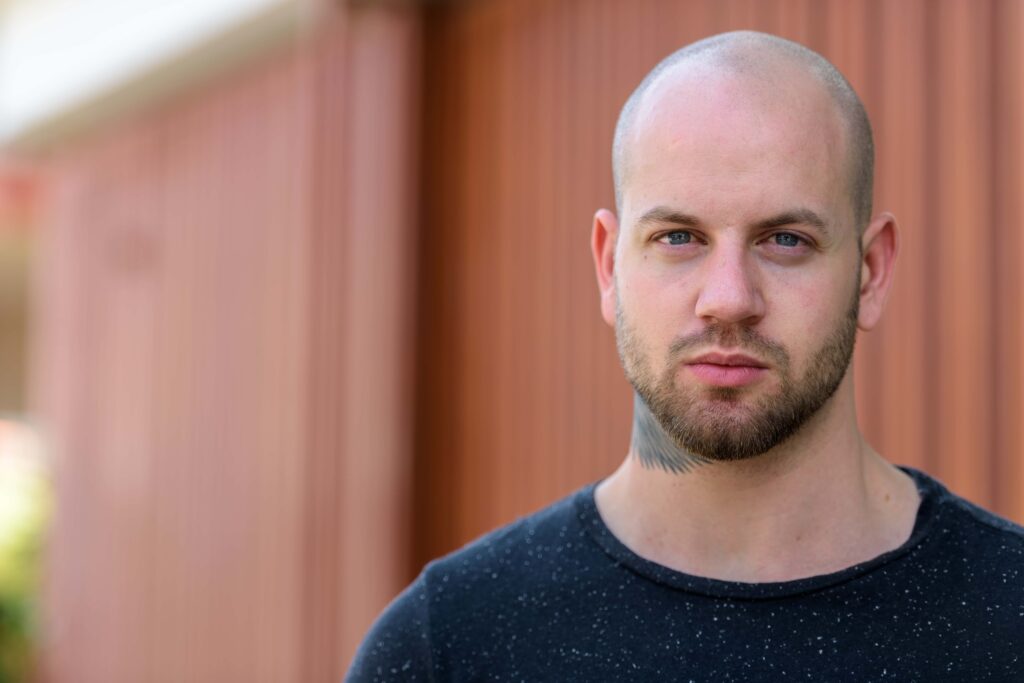
Receding hairline
While a receding hairline is often associated with aging, experiencing it in your 20s can be disheartening. It’s essential to recognize that genetics, hormonal factors, and even stress can contribute to this early onset. Seeking guidance from a healthcare professional or a dermatologist can help pinpoint the underlying causes and explore potential treatments or lifestyle adjustments to manage the situation.
Thinning hair
Dealing with thinning hair at a young age may lead to frustration, but understanding the reasons behind it can empower you to take proactive steps. Poor nutrition, hormonal imbalances, or certain medications could be influencing your hair health. Consider incorporating a well-balanced diet rich in essential nutrients, and consulting with a healthcare provider can provide personalized insights into addressing thinning hair and promoting overall well-being.
Increased shedding
Excessive hair shedding can be emotionally taxing, but it’s crucial to distinguish between normal daily hair loss and a more concerning pattern. Stress, nutritional deficiencies, or hormonal fluctuations might be contributing factors. Adopting stress-reducing practices, maintaining a healthy diet, and consulting with a healthcare professional can help you manage excessive shedding and identify any potential underlying issues.
Widening part
As the part in your hair widens, it’s important to approach this change with resilience. Experimenting with different hairstyles, such as side parts or layered cuts, can help minimize the visual impact of a widening part. Additionally, embracing a positive mindset and seeking support from friends, family, or even online communities can make the adjustment to this change in appearance more manageable.
Miniaturization
Understanding the process of miniaturization is crucial in addressing balding at a young age. While this phenomenon may make your hair appear thinner and finer, exploring hair care products specifically designed to promote hair growth and consulting with a dermatologist can be valuable steps. Developing a comprehensive hair care routine and maintaining scalp health can contribute to slowing down or managing the miniaturization process.
Possible Causes of Hair Loss at 20
If you’re grappling with hair loss in your 20s, the search for answers may lead you to question the underlying causes. While genetics often plays a significant role in early balding, a diverse array of potential triggers could contribute to hair loss.
From hormonal imbalances to lifestyle choices, understanding these causes can pave the way for practical solutions.
- Genetics: Family history plays a significant role in hair loss. If you have close relatives, such as your father, grandfather, or siblings, who experienced early balding, there is a higher likelihood that you may be genetically predisposed to it.
- Hormonal imbalance: Hormones can influence hair growth, and fluctuations in hormone levels during adolescence and early adulthood can lead to hair loss. An androgen hormone called dihydrotestosterone (DHT) can bind to hair follicles, causing them to shrink and weaken.
- Stress: High-stress levels can trigger hair loss by pushing hair follicles into a resting phase known as telogen effluvium. This can lead to excessive shedding and thinning hair.
- Poor nutrition: A lack of essential nutrients can impact hair health. Nutrients like iron, zinc, biotin, and protein are crucial in maintaining healthy hair growth.
- Hairstyling practices: Excessive use of heat styling tools, tight hairstyles like braids or ponytails, and chemical treatments can damage the hair shaft and contribute to hair loss.
What You Can Do About It
With the proper knowledge and a proactive approach, you can take meaningful steps towards addressing hair loss and regaining your confidence. Let’s explore actionable strategies to combat hair loss, from seeking professional advice to adopting a hair-friendly lifestyle and exploring suitable treatments.
Consult a hair health expert
If you notice signs of balding at 20, consulting a dermatologist or a hair health expert can help. They can assess your hair loss, identify underlying causes, and recommend suitable treatments.
Adopt a healthy lifestyle
Maintain a balanced diet rich in vitamins and minerals to support hair health. Incorporate foods like leafy greens, eggs, nuts, and fish to provide essential nutrients to your hair follicles.
Minimize stress
Practice stress-reducing techniques such as meditation, yoga, or regular exercise to manage stress levels effectively.
Be gentle with your hair
Avoid harsh hair styling practices and limit the use of heat styling tools. Allow your hair to air dry whenever possible, and use gentle hair ties to prevent unnecessary tension on your hair.
Medications
Sometimes, you may be prescribed medications like minoxidil to help reduce hair loss and promote regrowth. Finasteride may also be considered, but discussing how these medications might work for you and your health is essential.
Haircare products
Use hair care products designed to promote hair growth and prevent hair loss. Look for products containing ingredients like biotin, caffeine, and ketoconazole.
Hair transplant
Hair transplant surgery might be an option in more advanced hair loss cases. This procedure involves transplanting hair follicles from one area of the scalp to the thinning or balding areas.
Fight Your Signs of Balding Now!
Experiencing a receding hairline or hair loss at 20 can be a distressing experience, affecting self-esteem and confidence. It is essential to understand that balding at a young age is not uncommon and can have multiple causes, including genetics, hormonal imbalances, stress, and poor nutrition.
However, taking proactive steps, such as consulting an expert, adopting a healthy lifestyle, and using appropriate hair care products, can help manage and potentially reverse hair loss. Remember that addressing hair loss early on can lead to more effective outcomes, so don’t hesitate to seek professional advice and take action to regain your hair health.
Suppose you notice any signs of a receding hairline. In that case, it’s wise to schedule an appointment with a specialist at Evolve Telemedicine to explore the most suitable treatment options for your condition. Tailored to your needs, there is a treatment option just for you. Don’t allow hair loss to undermine your self-esteem and appearance. With the proper assistance, you can effectively halt a receding hairline and regain confidence!




